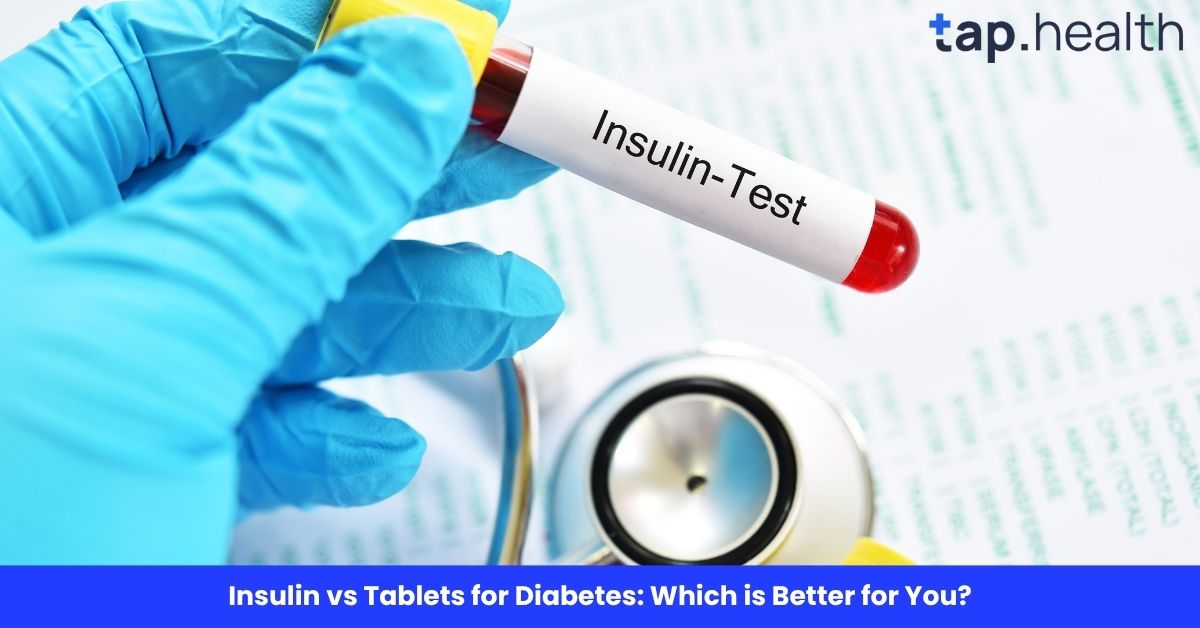Walking is one of the most accessible and effective forms of exercise. It doesn’t require any special equipment, can be done anywhere, and is easy on the joints. Many people track their daily steps as a way to stay active and monitor their fitness progress. A common fitness goal is to walk 10,000 steps a day, but some fitness enthusiasts or weight-loss seekers aim for 15,000 steps a day to see greater results. But how many calories does walking 15,000 steps actually burn?
In this article, we will explore how many calories you can burn walking 15,000 steps. We’ll break down the factors that affect calorie burn, how to calculate it, and the health benefits of walking such a high number of steps. Whether you’re trying to lose weight, improve your cardiovascular health, or simply stay fit, walking 15,000 steps can be a great goal.
Factors Affecting Calorie Burn While Walking
The number of calories you burn while walking depends on several factors. Understanding these factors will help you estimate your calorie expenditure more accurately.
1. Walking Speed
One of the most significant factors in how many calories you burn while walking is your walking speed. The faster you walk, the more energy you will use, and thus, the more calories you will burn.
- Slow pace: 2 mph (3.2 km/h) – fewer calories burned
- Moderate pace: 3 mph (4.8 km/h) – moderate calorie burn
- Brisk pace: 4 mph (6.4 km/h) – higher calorie burn
On average, walking at a moderate pace of about 3 miles per hour burns more calories than a slow-paced walk.
2. Body Weight
Your body weight plays a crucial role in determining how many calories you burn while walking. Heavier individuals tend to burn more calories than lighter individuals because it requires more energy to move a larger body.
For example:
- A person weighing 120 lbs (54 kg) will burn fewer calories than a person weighing 180 lbs (81 kg) walking the same distance at the same speed.
3. Walking Terrain
The surface or terrain you walk on also affects your calorie burn. Walking on flat ground burns fewer calories than walking uphill or on uneven terrain.
- Flat ground: Burns a standard number of calories.
- Inclines: Walking uphill or on a steep incline increases the intensity of your walk, leading to more calories burned.
- Trail or uneven surfaces: Walking on sand, gravel, or trails requires more effort, which increases the calorie burn compared to walking on smooth, even surfaces.
4. Age and Gender
Age and gender influence calorie expenditure. Typically, younger individuals tend to burn more calories due to higher metabolism rates. Additionally, men tend to burn more calories than women of the same weight because men generally have more muscle mass.
5. Walking Duration
The duration for which you walk also impacts how many calories you burn. If you walk 15,000 steps, but the walk lasts for hours, you will burn more calories due to the extended period of physical activity.
How Many Calories Does Walking 15,000 Steps Burn?
On average, walking 15,000 steps burns between 500 to 700 calories, depending on several factors such as:
- Your weight
- Walking speed
- Terrain (flat vs. uphill)
- Your age and metabolism
Here’s a estimate based on body weight:
| Body Weight | Calories Burned (Approx.) |
|---|---|
| 55 kg (120 lbs) | 450–500 calories |
| 70 kg (155 lbs) | 550–600 calories |
| 85 kg (185 lbs) | 650–700+ calories |
Note: 15,000 steps equals roughly 7–7.5 miles (11–12 km) for most people.
How to Calculate Calories Burned Walking 15,000 Steps
Now that we know the key factors affecting calorie burn, let’s break down how many calories you could burn in 15,000 steps based on different walking conditions.
1. Average Calories Burned per Step
On average, a person burns around 0.04 to 0.06 calories per step, depending on weight, speed, and walking terrain. Let’s take a look at this with a few examples:
- A person weighing 120 lbs (54 kg):
- 0.04 calories per step
- 15,000 steps x 0.04 = 600 calories
- A person weighing 150 lbs (68 kg):
- 0.05 calories per step
- 15,000 steps x 0.05 = 750 calories
- A person weighing 180 lbs (81 kg):
- 0.06 calories per step
- 15,000 steps x 0.06 = 900 calories
2. Walking Speed and Calories Burned
Let’s assume you’re walking at a moderate pace of 3 miles per hour (4.8 km/h). Here’s an estimate of how many calories you might burn based on walking speed and distance:
- 120 lbs (54 kg): Around 240-300 calories per hour
- 150 lbs (68 kg): Around 300-350 calories per hour
- 180 lbs (81 kg): Around 350-400 calories per hour
Since 15,000 steps roughly equals 7-7.5 kilometers (4.35-4.66 miles), at a moderate pace, it would take you about 1.5 to 2 hours to complete. Therefore:
- 120 lbs (54 kg): Around 360-450 calories
- 150 lbs (68 kg): Around 450-525 calories
- 180 lbs (81 kg): Around 525-600 calories
3. Terrain and Intensity
If you’re walking on a steep incline or rough terrain, your calorie burn can increase by 30-50% compared to walking on flat ground. This means if you walk 15,000 steps on an incline, you could burn:
- 120 lbs (54 kg): 600-900 calories
- 150 lbs (68 kg): 750-900 calories
- 180 lbs (81 kg): 900-1,200 calories
Health Benefits of Walking 15,000 Steps
Walking is more than just a calorie-burning exercise. It comes with several health benefits that can improve your overall well-being.
1. Weight Loss
One of the most obvious benefits of walking 15,000 steps is its potential for weight loss. By burning more calories than you consume, you can create a calorie deficit, which leads to fat loss. Walking 15,000 steps a day can help you achieve and maintain a healthy weight, especially when combined with a balanced diet.
2. Cardiovascular Health
Walking regularly helps to improve cardiovascular health by strengthening the heart, reducing blood pressure, and lowering the risk of heart disease. A brisk walk of 15,000 steps a day can improve circulation, enhance stamina, and reduce cholesterol levels.
3. Mental Health Benefits
Walking is a natural mood booster. It helps to reduce stress and anxiety by releasing endorphins, which are the body’s natural mood-enhancing hormones. Walking can also help with depression and improve overall mental well-being.
4. Bone and Joint Health
Regular walking helps to maintain bone density and strengthen muscles. The weight-bearing activity of walking can reduce the risk of osteoporosis and improve joint health by increasing flexibility and range of motion.
5. Blood Sugar Regulation
Walking can help regulate blood sugar levels and improve insulin sensitivity, which is especially beneficial for individuals with Type 2 diabetes. Walking after meals, especially after consuming carbohydrates, can help prevent blood sugar spikes.
6. Improved Sleep
Physical activity, including walking, promotes better sleep quality. Walking 15,000 steps can help you fall asleep faster, experience deeper sleep, and wake up feeling more refreshed.
How to Optimize Calorie Burn When Walking 15,000 Steps
To maximize the number of calories burned while walking 15,000 steps, consider implementing the following strategies:
1. Increase Your Walking Speed
While walking faster will naturally increase the intensity, be sure to maintain a pace that is comfortable and sustainable for you. Aim for a brisk pace of 3-4 mph (4.8-6.4 km/h) to maximize calorie burn.
2. Use Hand Weights or Ankle Weights
Carrying light hand weights (1-3 lbs) or wearing ankle weights while walking can help increase the intensity and calorie expenditure. However, make sure you are comfortable with added weight to avoid injury.
3. Walk Uphill or on Inclines
Walking uphill or on a treadmill with an incline increases the intensity of your walk, which burns more calories. If possible, try to find a hilly route or use a treadmill with incline settings.
4. Incorporate Interval Training
Incorporating short bursts of faster walking or brisk walking intervals during your walk can help increase calorie burn. For example, try walking briskly for 1-2 minutes, followed by a moderate pace for 3 minutes, and repeat.
5. Maintain Good Posture
Maintaining good posture during your walk, including keeping your shoulders back and engaging your core, can help improve your walking efficiency and burn more calories.
Frequently Asked Questions (FAQs) on How Many Calories Does Walking 15,000 Steps Burn?
1. How many calories does walking 15,000 steps burn?
On average, walking 15,000 steps can burn between 600 to 1,200 calories depending on factors such as walking speed, body weight, terrain, and intensity. A person weighing around 150 lbs can burn approximately 750-900 calories.
2. How long does it take to walk 15,000 steps?
Walking 15,000 steps will take about 1.5 to 2 hours, depending on your walking speed. If you’re walking briskly, it will be on the shorter side, while a slower pace may take a bit longer.
3. Can walking 15,000 steps a day help you lose weight?
Yes, walking 15,000 steps a day can help you lose weight, provided it is combined with a calorie-controlled diet. A 15,000-step walk creates a calorie deficit, which is essential for weight loss.
4. Is walking 15,000 steps a day safe?
Walking 15,000 steps a day is safe for most people, as long as they are in good health and have no underlying medical conditions that could prevent them from walking. If you’re new to exercise, gradually increase your step count over time.
5. Can walking 15,000 steps burn fat?
Yes, walking 15,000 steps a day, combined with a healthy diet, can burn fat. The more calories you burn than you consume, the greater the fat loss potential. Walking is an effective low-impact exercise for burning fat.
6. How can I track my steps and calories burned?
You can track your steps and calories burned using a fitness tracker or a smartphone app. Many apps provide real-time data on your step count and the estimated calories burned during your walk.
Conclusion
Walking 15,000 steps a day can be an excellent way to improve your health and fitness while burning a significant number of calories. The exact number of calories burned will vary based on factors such as body weight, walking speed, terrain, and intensity. On average, walking 15,000 steps can burn anywhere from 600 to 1,200 calories. Regular walking not only helps with weight loss but also improves cardiovascular health, mental well-being, and overall fitness.
By making small adjustments like increasing your walking speed, adding intervals, or walking on inclines, you can optimize your calorie burn and reach your fitness goals faster. Whether you’re walking for weight loss, improved health, or general fitness, aiming for 15,000 steps a day is a great goal to set for yourself.


